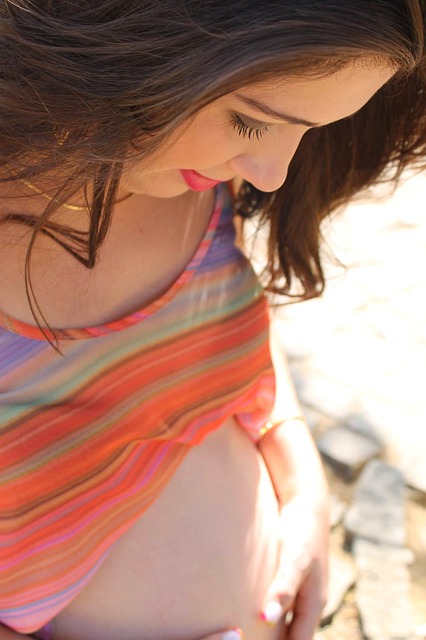 Our genes are the determinants of inheritance appearance, but hereditary specificities are complex. Inherited physical traits are not restricted to physical parameters like hair and eye color, blood group, Rh factor, but IQ level, talents, personality also depends on inherited genetic structure. In the egg donation process, three people (egg donor, egg recipient, and egg recipient’s partner) are involved in embryo generation and fetus development. Every individual plays a significant role in the born child's appearance and individuality development.
Our genes are the determinants of inheritance appearance, but hereditary specificities are complex. Inherited physical traits are not restricted to physical parameters like hair and eye color, blood group, Rh factor, but IQ level, talents, personality also depends on inherited genetic structure. In the egg donation process, three people (egg donor, egg recipient, and egg recipient’s partner) are involved in embryo generation and fetus development. Every individual plays a significant role in the born child's appearance and individuality development.
In 2015, Nick Macklon, professor of obstetrics and gynecology at the University of Southampton had first announced his amazing discovery, that unfolded the fact that women who have to use donor eggs due to their some infertility issue can still pass their DNA to their born child. Spanish research conducted in 20 infertile women found that the uterine fluid of the mother's womb contains genetic materials that could affect embryo development.
Apart from this, in Greece, the Institute of Life in Athens conducted research in 2019 confirmed mother can pass on their DNA even after seeking the egg donation process. Researchers had announced that a baby boy was born on 9th April 2019 by using a novel technique named as maternal spindle transfer. The birth weight of the born child was six-pound and overall healthy. The 32-year-old mother had prior experience of multiple failures of the IVF cycle before this successful outcome. In the maternal spindle transfer process, the DNA of the donor's egg was replaced with collected DNA from the mother's egg. Therefore, in this process, the donor’s egg with the mother’s genes was fertilized with the collected sperm of the male partner to develop the embryo. Then the generated embryo was transferred to the mother's womb for further development of the fetus. Therefore, in this advanced egg donation process, the born child carries the mother's DNA.
The deficiency of essential factors in eggs makes it quality poor and leads to unsuccessful fertilization. But now medical advancement gives the possibility to remove the unwanted factor of mother's eggs which prevents a viable embryo formation after fertilization by applying advanced maternal spindle transfer process.
Expert clinicians of this recent research declared that mothers who have rare mitochondrial genetic diseases or experienced multiple IVF failures and seek to egg donation service for born of a healthy child could use the maternal spindle transfer process. In this case, the donor’s egg mitochondria are used which is present outside of the nuclear DNA. Thus, it presumably makes it possible for the egg to then be fertilized and develop into an embryo.
Many preclinical and clinical studies have proven that due to mitochondrial dysfunction or deficiency leads to poor egg quality. And one of the primary causes of infertility and even multiple IVF failures. Mitochondrial replacement of the mother's egg with donor egg service gives the power to divide the DNA of the egg for fertilization and also helps in growing healthy embryos and eventually newborns.
But mother who recently gave birth to the baby boy in Greece did not have a history of mitochondrial disease. Therefore, researchers expected the government of different countries will approve this medical process for infertility treatment. However, yet now only the UK government gives permission to the researchers to use this technique only for mothers who have mitochondrial diseases.
References:
- https://www.dailymail.co.uk/health/article-3259508/Scientists-hail-amazing-discovery-s-revealed-infertile-mothers-use-donor-eggs-pass-DNA-children.html
- https://time.com/5569057/three-parent-baby-dna/



